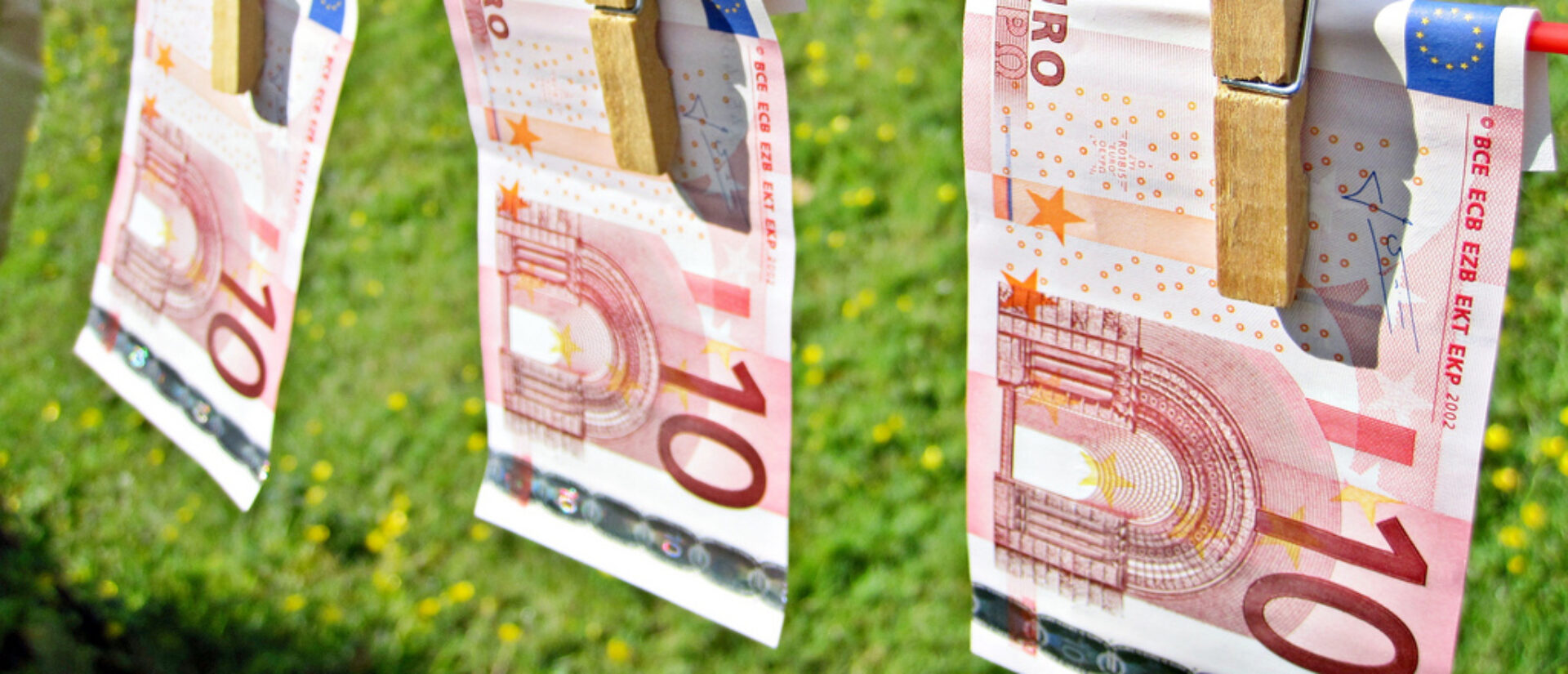
Serious risks in Free Trade Agreement between EU, Colombia and Peru
Not fully ratified yet
A free trade agreement between the EU, Colombia and Peru has been ratified by the European Parliament on 11 December 2012. However, a new report by SOMO has warned about serious risks of illicit financial flows and insufficient financial regulation. The report on the financial issues in the free trade agreement was commissioned by the GU/NL Group. It was presented by MEPs Jurgen Klüte, Philippe Lamberts, and SOMO researcher Myriam Vander Stichele at a press conference on 5 December 2012.
Free Trade Agreement EU, Colombia and Peru
Increase in illegal capital flows
The new report ‘Free Trade Agreement EU, Colombia & Peru: Deregulation, illicit financials flows & Money Laundry’ exposes that capital flows will be liberalised by restricting capital controls. Also, the new agreement includes an obligation to liberalise tax advisory services and trust services, often used to arrange tax dodging. This is likely to increase illicit capital flows, given the vulnerability of Colombia and Peru for money laundering from drug trafficking, as well as money avoidance and evasion practices in the EU.
However, the agreement does not ensure that instruments or commitments are in place to effectively prevent, halt or even just monitor illicit capital flows. This contrasts with other free trade agreements for which the EU has negotiated stronger commitments on cooperation and the implementation of actions against money laundering, crime and tax evasion or avoidance.
Authorities restricted
The report also exposes how authorities are restricted in regulating and reforming the financial sector by the rules on trade and investment in financial services that are part of the free trade agreement. These rules contrast with several financial reforms the EU is currently undertaking or that have recently been carried out.
Not fully ratified yet
On 11 December 2012, the European Parliament voted in favour of ratification of the agreement. In the coming months, the parliaments from the EU member states have to consider whether they want to ratify the agreement or time to digest and act on the concerns raised in the report, as well as many other concerns raised by civil society.
Do you need more information?
-

Myriam Vander Stichele
Senior Researcher
Related content
-
Free Trade Agreement EU, Colombia and Peru Published on:
 Myriam Vander StichelePosted in category:Publication
Myriam Vander StichelePosted in category:Publication Myriam Vander Stichele
Myriam Vander Stichele
-
-
 CSDDD Datahub reveals law covers fewer than 3,400 EU-based corporate groupsPosted in category:News
CSDDD Datahub reveals law covers fewer than 3,400 EU-based corporate groupsPosted in category:News David Ollivier de LethPublished on:
David Ollivier de LethPublished on:

